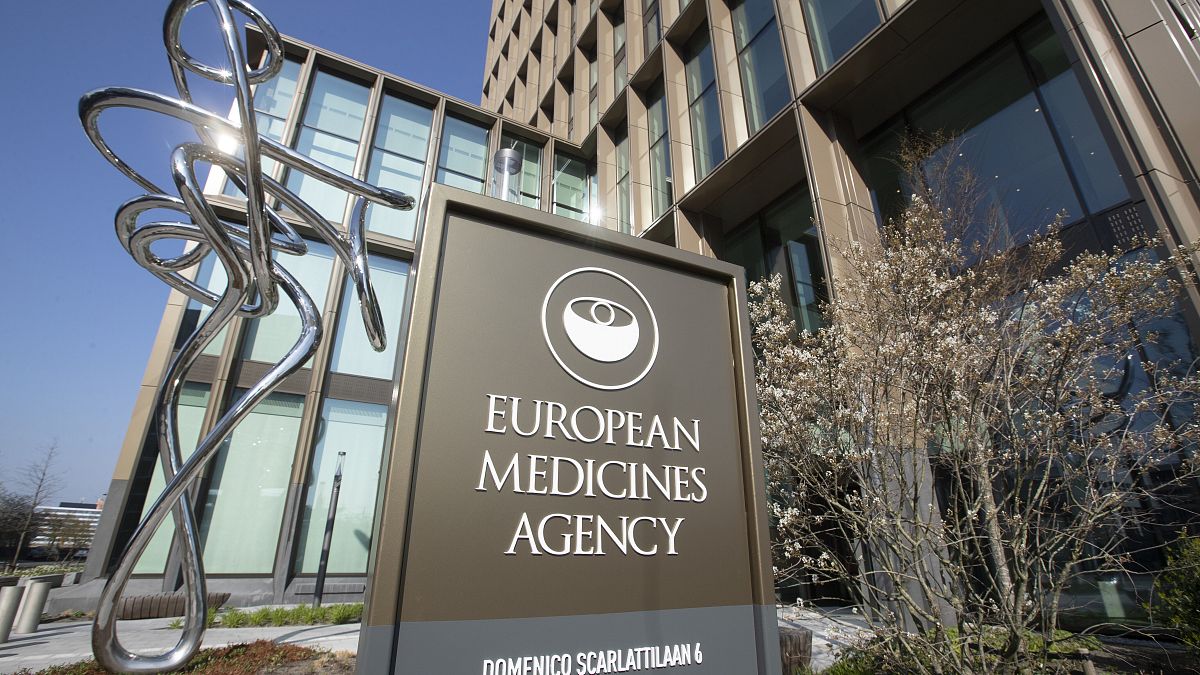Europe launches medicine shortage monitoring in 2025

Among the health policy novelties of 2025, a new tool developed by the European Medicines Agency (EMA) is set to harmonise monitoring of medicine shortages across Europe.
A new monitoring platform developed by the EU’s medicine agency (EMA) is expected to change tack on shortages reporting this year, aiming to tackle challenges in managing shortages by improving data collection, sharing, and analysis.
The EU has always faced a significant shortage of ‘information’ on medicine shortages. Disruptions in drug availability are often underreported to medicines agencies across Europe or reports are delayed due to reliance on private companies for supply chain data.
Manufacturers’ concerns about competitive confidentiality have often prevented them from sharing such data with regulators, further complicating efforts to address these shortages.
As a result, both national and EU regulators have struggled to act quickly or proactively in managing disruptions.
Enter the ESMP
Launched in November 2024 for routine reporting and set to become fully operational in February 2025, the European Shortages Monitoring Platform (ESMP) is designed to centralise and automate data collection and offer access to essential information for both industry stakeholders and regulators.
“Having better insights allows for faster decision-making. And in the case of shortages, time is a critical component,” explained Sofia Zastavnik, who’s also the product owner of the ESMP.
When a potential issue affecting multiple European countries is identified, numerous stakeholders must collaborate closely to ensure a coordinated approach to collecting and analysing supply and demand data.
By streamlining data sharing, the platform promises a more coordinated approach to monitoring and managing medicine availability.
“We need a comprehensive understanding of the situation across the region. This involves substantial manual coordination and action to initiate processes and gather data,” said Zastavnik.
Data management
The platform is designed to handle scenarios ranging from routine reporting of medicinal product shortages to major public health emergencies requiring drug monitoring in the EU’s critical medicines list.
Submitted data is ingested and made available in real time, with supply and demand information available to alert the EMA of potential unmet needs or national shortages.
According to the ESMP’s developers, this approach offers greater opportunities not just to monitor supply and demand to ideally prevent but also to mitigate shortages when they happen.
In cases of significant concern – as with an antibiotics shortage which affected the EU during the winter of 2023 – close monitoring should transition to action under the new monitoring system.
“Depending on the situation’s severity, we collect different levels of data granularity. As criticality increases, so does the detail of the information,” explained Zastavnik.
The ESMP will feature an interface where stakeholders can submit data directly to the EMA. Additionally, an open-access platform will allow the public to access information on shortages.
Compliance is not an option
The platform was developed by EMA with an EU-wide approach, involving industry and national regulatory representatives to ensure it meets the needs of health stakeholders.
“The platform’s establishment will serve as a beacon for harmonisation,” said Zastavnik, adding she hopes the industry “will be aware of the new reporting requirements towards EMA and use the platform to report that data.”
Laura Geslin, a European Commission official, underlined that industry compliance is more than a hope: “There is a legal obligation to submit the data there,” she told Euronews, highlighting that participation by the industry is not optional but mandatory under the EU rules.
World News || Latest News || U.S. News
Source link



